This story is part of Next Generation, a series in which we give young makers a platform to showcase their work. Your work here? Get in touch and plot your coordinates as we navigate our future together.
When we are dealing with the future and foresights, all too often our views are blurred by idealistic hopes or prefabricated narratives. To see the possibilities and threats of different scenarios more clearly, we need to start visualizing them. The videographic work by Deborah Rhyner does exactly that; it aims to uncover blind spots in living with algorithms through the medium of film. The ‘Artificial Us’ series, her graduation work at Zurich University of the Arts, contains three short films, each devoted to elements from daily life. The triptych contains episodes on consumption, health and relationships, and explores how our daily AI-driven life may look like in the near future. An interview.
Your work depicts speculative futures. Where does this fascination come from?
I find it fascinating to think about how our world could look in the future. This fascination probably comes from my early interest in all kinds of fantasy and science fiction stories, in anime, cartoons and movies, when I was a child. In stories like these, the freedom of not having to obey the rules of reality is absolutely inspiring. Just like creating scenarios of a possible future in our world. There are no borders set to speculation and imagination. You can think of the craziest scenarios based on the current situation and movements. This makes it even more interesting for me because there is always a certain possibility that the imagination could become reality.
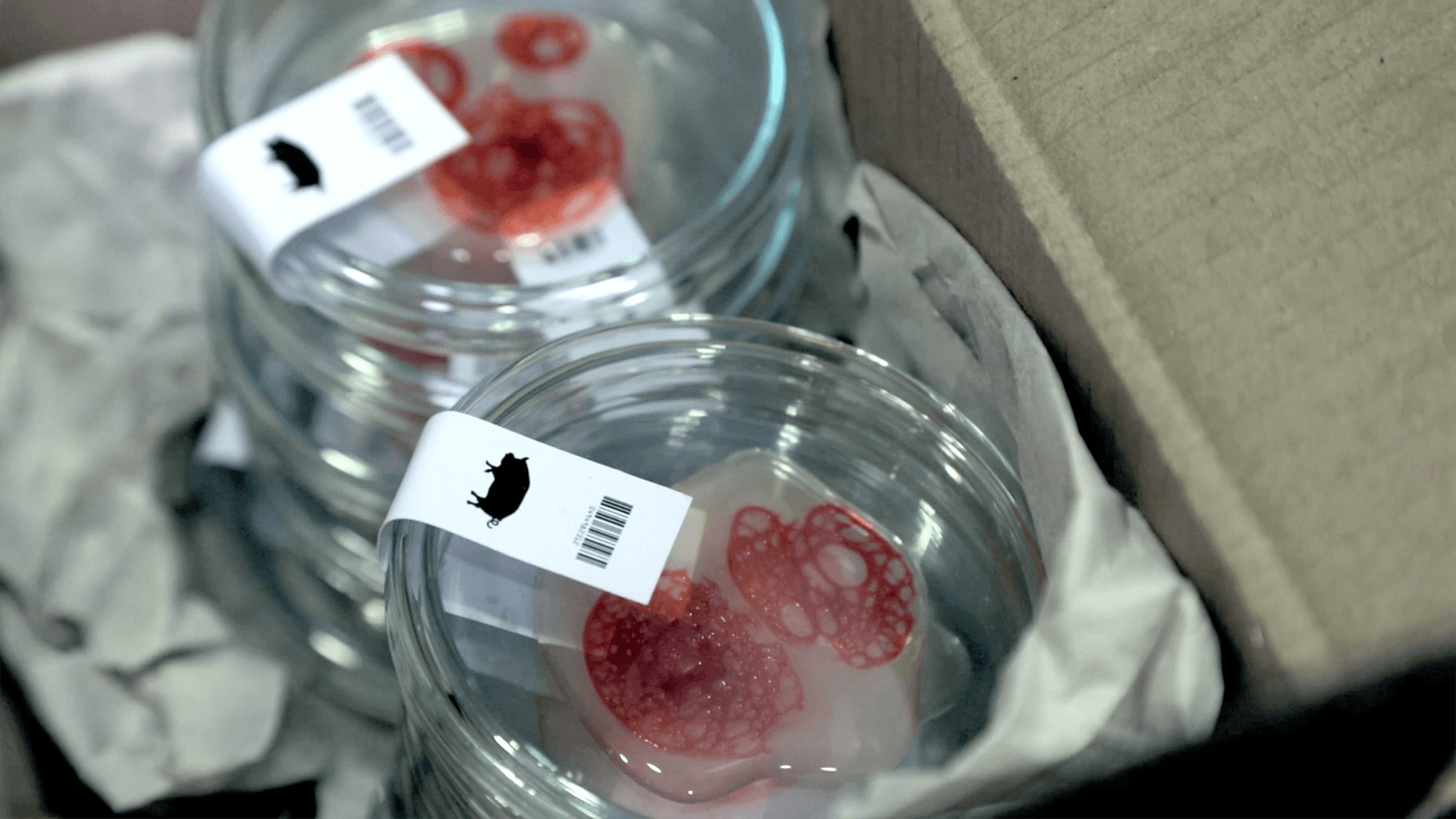

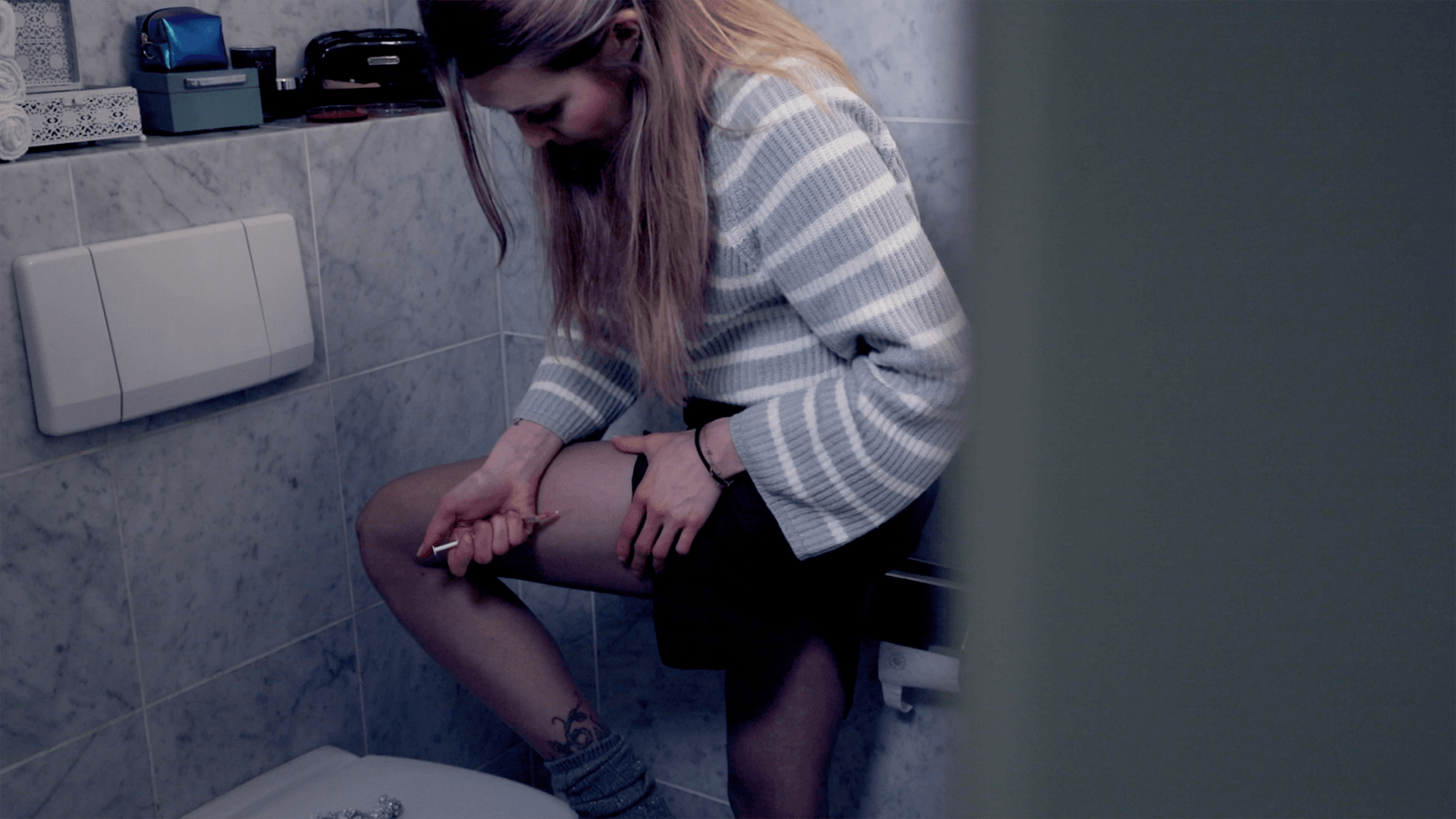
Technology is often argued to be created to make our lives easier, but in the long haul it can often also pose risks and change our lives drastically. Think of for instance the usage of mobile phones which are now used by people worldwide, but at the same time can be used to impose upon people their privacy. In your series you show some other technological changes for instance focused on the usage of diverse partner choices through the usage of human looking androids. What is your view on the pros and cons around the speculations in your work?
The biggest and direct pro of the humanoid android lover device is the ‘on-demand pleasure’, with no strings attached. It is easy, convenient, and always ready if and when the user wants it to be ready. Objectively, this could be a very nice and comfortable solution for anyone looking for satisfaction without having to make an effort for anyone else’s benefit but your own. No drama, no family meetings, no getting out of your home nicely dressed.
Simultaneously, it could help at long distance relationships, given the option of freely creating the look of your partner. Which brings us to the contra: The loss of intimate human interaction and real emotions, and the ability to build a meaningful relationship. To make a comparison with today that a lot of us can probably identify with Netflix. It's nice to be able to enjoy an episode of a series without having to be on an exact time on a TV channel. But it can get addictive very fast which results in uncontrolled binge watching, without paying full attention. Futuristic devices like the ‘Droider’ bring the risk of losing real values and eventually getting depressed when consuming it in an excessive way.
With the current situation our lives continue to take place online. What role do you think art could play in this division or fusion of our online and physical world?
We all are enjoying art as a form of entertainment, even more since a lot are still working from home and have more time at hand. Since we spend more time online, there is an increasing urge to also have a separation from the digital world. I see it as a return to quite classic activities like handcrafting, that also takes place in a world that merges digital and analogue aspects. This merger gained more and cross-border interest - A good example for this is a friend of mine in Boston who took a cooking class via a zoom video group call, which was based in Spain. As a more intense and emotional fusion of the online and analogue world, virtual reality gives us the possibility to escape to other worlds without leaving our home, through games and virtual installations. I’m sure we are going to see much more of these possibilities very soon.

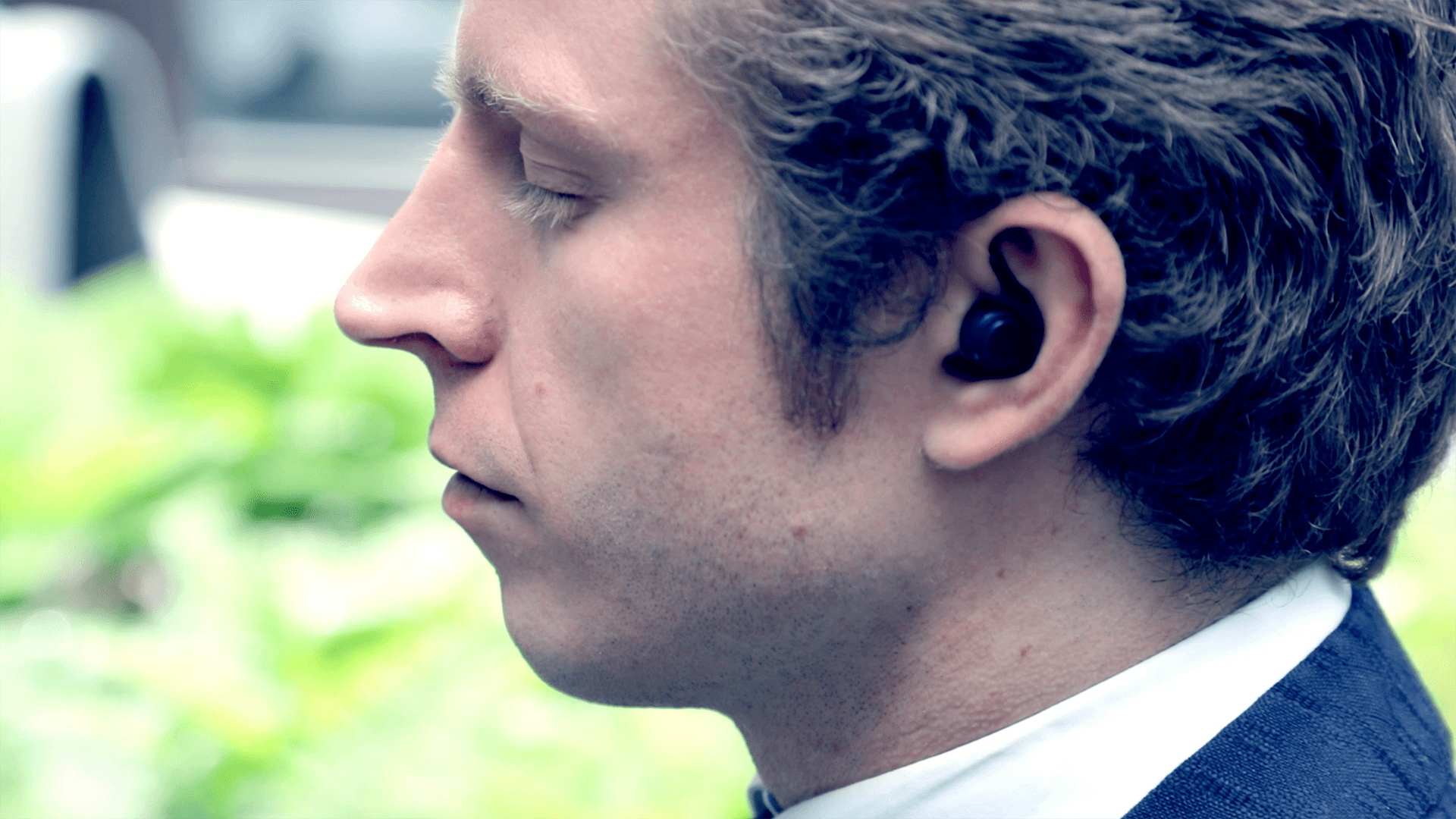
Currently many people already use applications or wearables to consciously control their health. In your video Health 2025 people are forced to share their healthcare data from these applications and wearables with among others health institutions. However, such devices also allow people to improve their health and self-care and become their best selves. How might you see the usage of such devices for the future?
As with everything, I feel there are advantages and disadvantages. At this moment we already have such devices, such as the apple watch that can register the wearer’s heartbeat. This has already saved lives by preventing heart attacks, as it is able to send your heart data directly to the doctor. In terms of disadvantage I want to reflect on the term ‘best self’. Being (and particularly: feeling) healthy doesn't mean the same for everybody. In my opinion, devices like these can promote a lifestyle that doesn't necessarily include body positivity. The need to be in absolute ‘perfect shape’—meaning what the western society thinks is the beauty standard— doesn't apply to every human being and can result in an ongoing self-critical, unbalanced mindset. With the current change of understanding of what’s beautiful, I have high hopes that the standards will change the awareness for a healthy and balanced life in the near future.
In your series you dive into the world of data-gathering for insurance and health-related aspects. In our current situation big companies increasingly gather more and more data of individuals therefore imposing upon our privacy. Especially with the coronavirus measures, in some countries privacy gets imposed by the usage of (health) tracking applications. How does your work relate to these circumstances?
I'm showing three situations where people have decided to buy devices that require data sharing. Although it gives them support in their daily life, it comes with certain obstacles. A human's emotional behaviour is the one important feature that separates us from machines. But it also causes conflicts with the logical and precise devices. In the episode ‘Consumption 2030’ we can observe a couple that gets transferred to a higher risk level in their health insurance, as they try to ‘cheat’ on the meat-making-device for their own indulgence. Even if the digital device was intended to support the couple, it eventually exposes itself as a state control tool that uses this private information for the calculation of debt for bad behaviour.
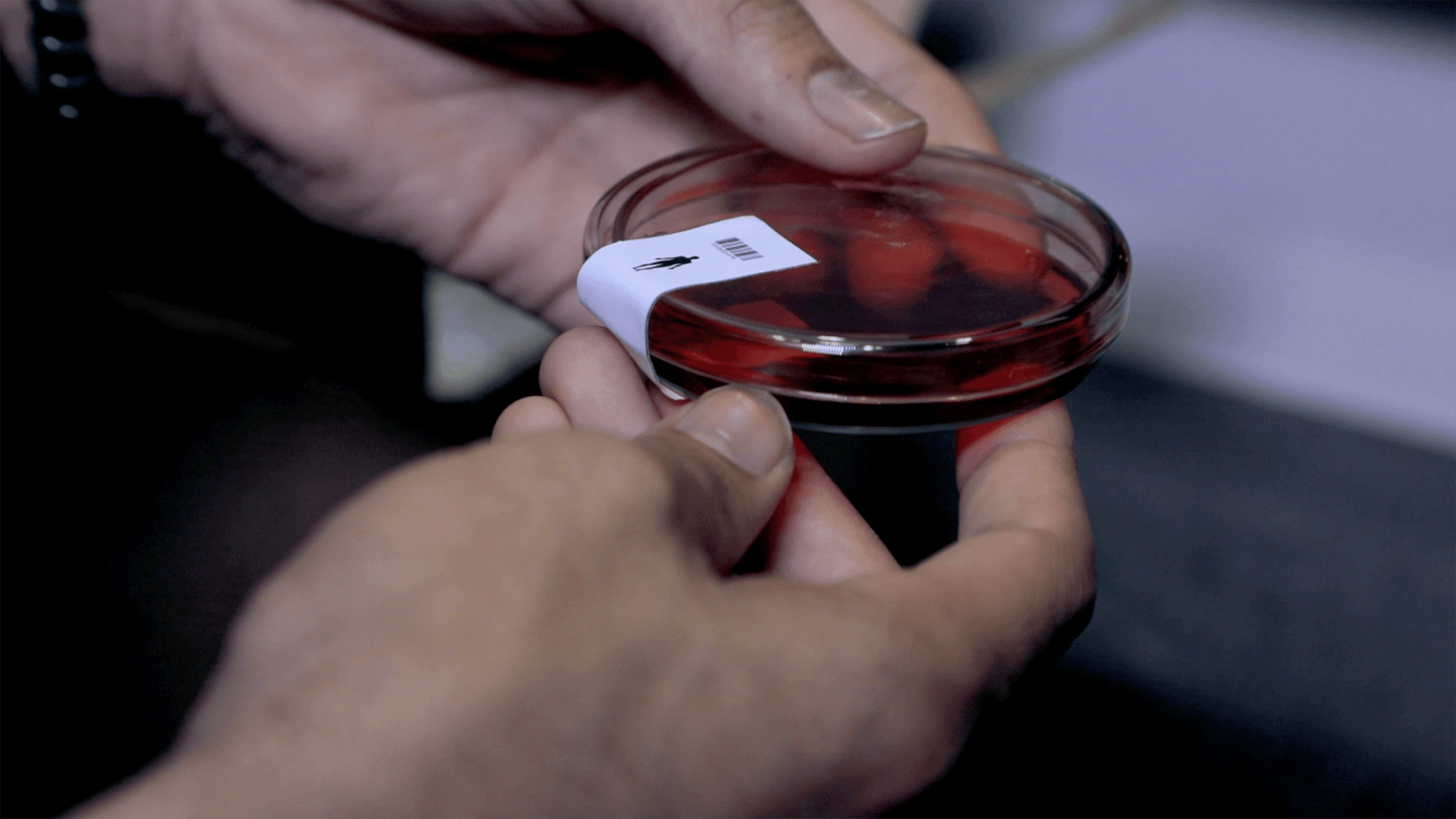
In your video you include the introduction of in-vitro meat. In-vitro meat’s fabrication involves a method of producing meat for human consumption wherein the protein cells are grown from a culture of animal stem cells or the whole muscle is synthesised de novo in a laboratory. However, due to the European legislation holding off the in vitro meat, the introduction of in-vitro meat in European countries is taking some time. What role do you think art could play in speeding up the introduction of in-vitro meat?
Art in design are useful tools to market new products that challenge our old habits. Pretty and informative visualizations are important in order for us to acceptant of new things. Food styling for example, plays a big part in how we consider food to be delicious. One of the biggest obstacles overcome when it comes to in-vitro meat, would be the provocation of the thought of food coming out of the laboratory. Yet on the other hand, nutrients that contain chemicals, like pasta sauce or potato chips, have been fully integrated in our lives for a very long time. It just takes time to accept this new product as just another artificial edible.
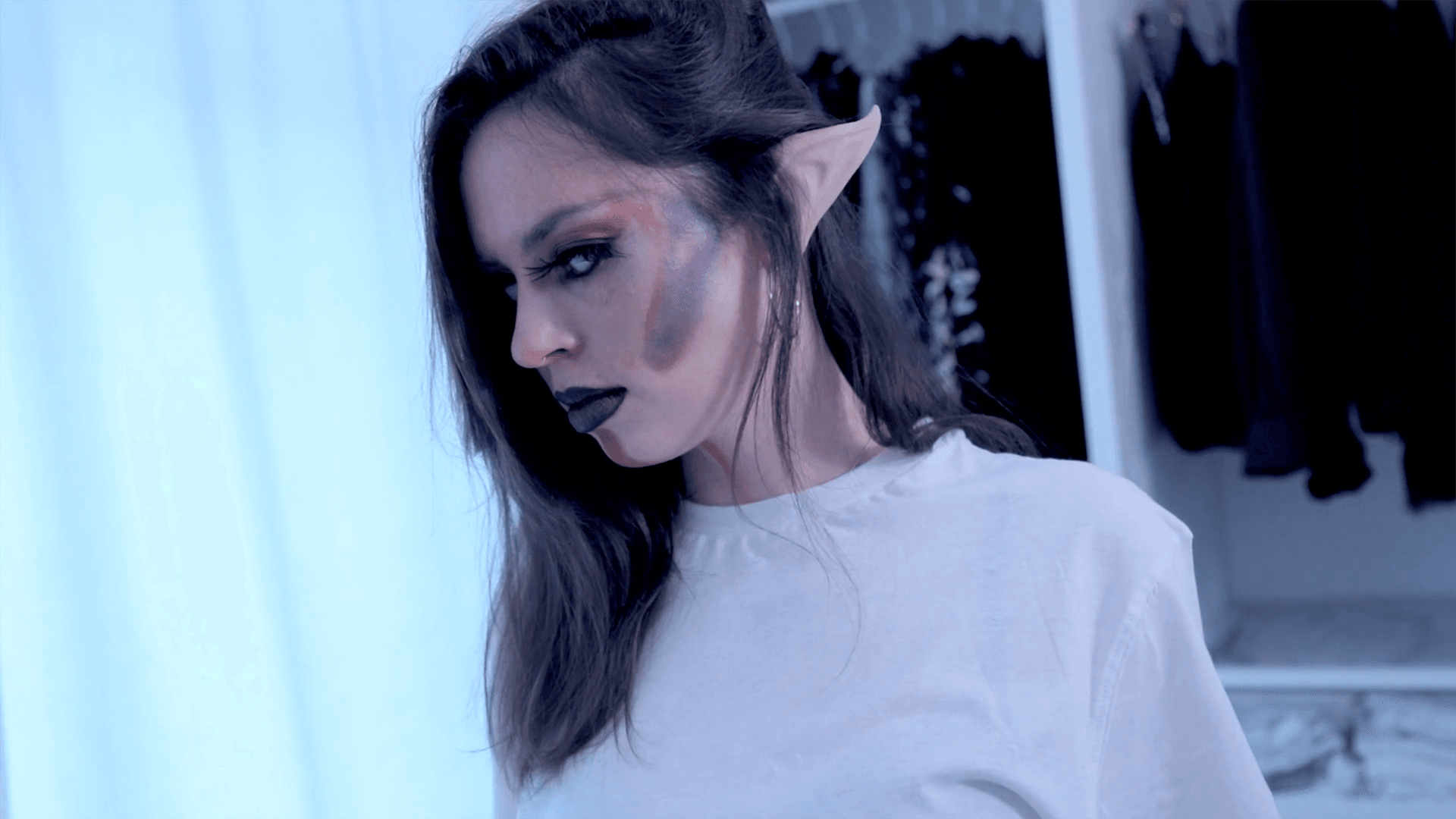
Have the current worldwide events made you want to create any new videos as part of the Artificial Us series? If so, what kind of themes do you want to explore?
Definitely! There is so much happening around us that gives me inspiration for a whole new season. With the current situation, it would be interesting to show robots that replace humans for social distancing causes, like it has started a long time ago in Japan. The robot hotel near Tokyo that had to close because the guests didn’t find it humane enough, could maybe now have another chance. I’d love to visit for sure!
The Artificial Us series paints a picture of our not-too-distant future. What do you want people to feel, think, and most importantly do after seeing it?
My ambition in this project was to maintain a neutral view, so the person who watches it can form his own thoughts and decide what's good or bad. This is the difference to the pessimistic (but genius) Black Mirror series. I don’t have one specific intention of how people should feel or think. I’m much more interested in the dialogue that the films will hopefully initiate. That’s why I made a big effort in making the themes easily understandable. I want everyone, also people who have never thought about these things before, to be able to dive into these subjects that will affect our lives more and more. So, what I want people to do is to investigate, get involved and talk about it!

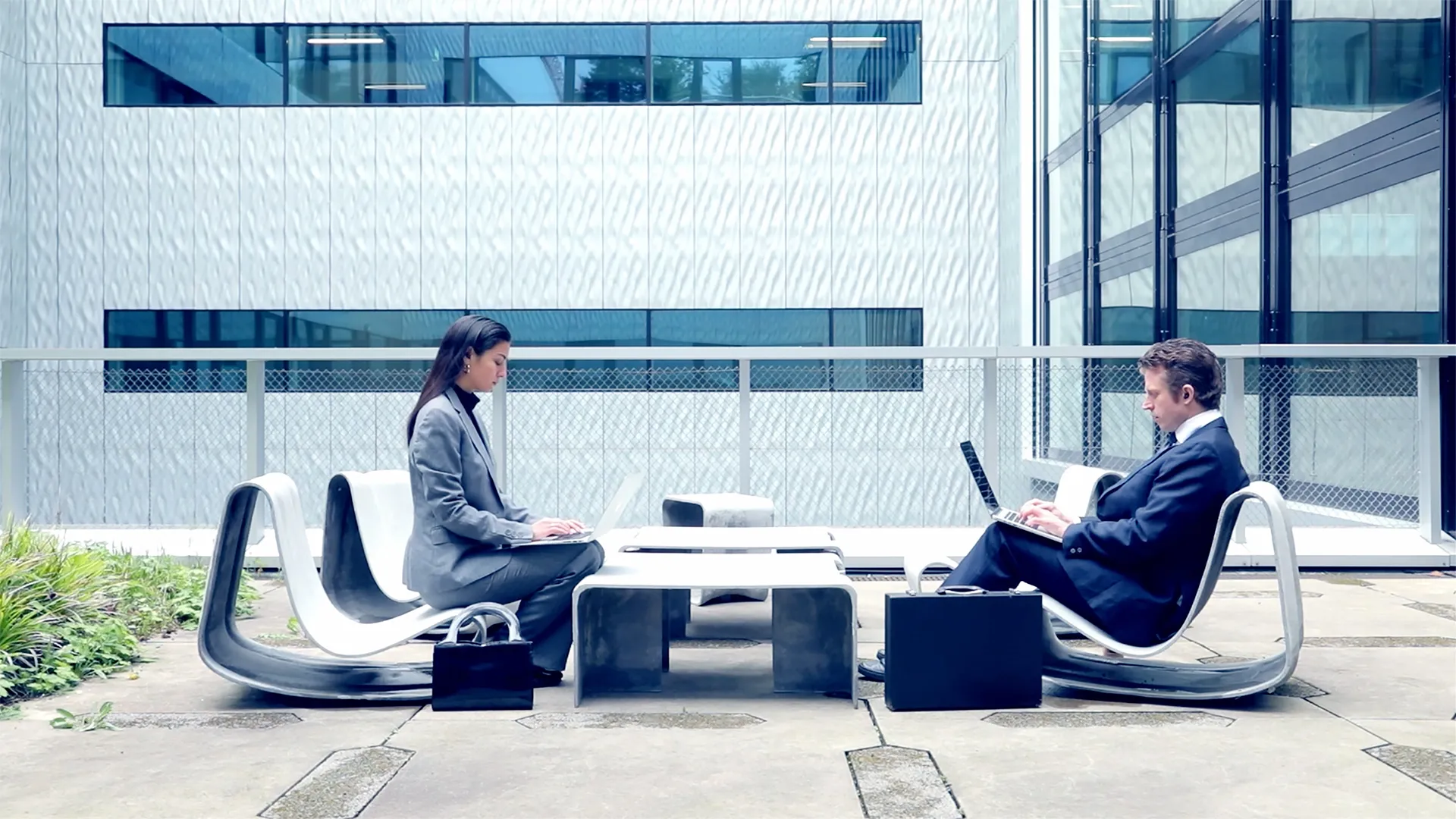
Comments (0)
Share your thoughts and join the technology debate!
No comments yet
Be the first to share your thoughts!